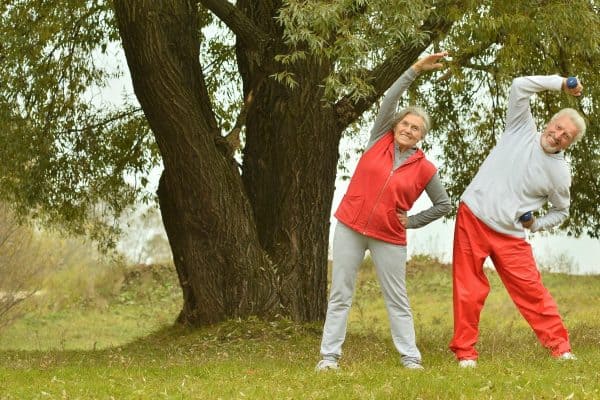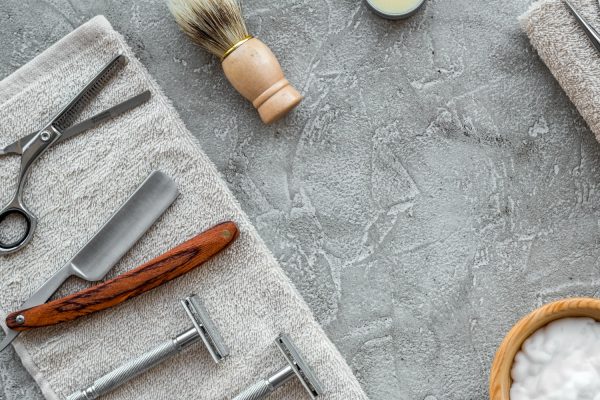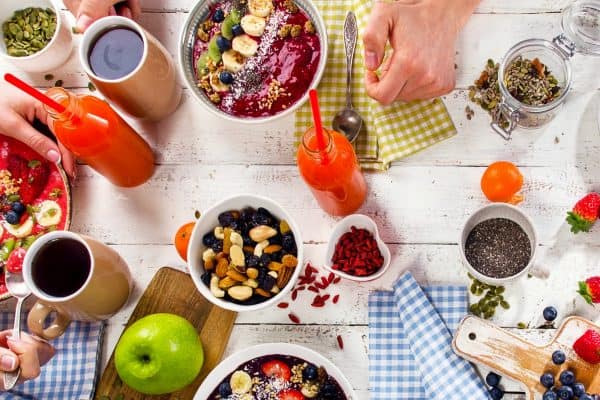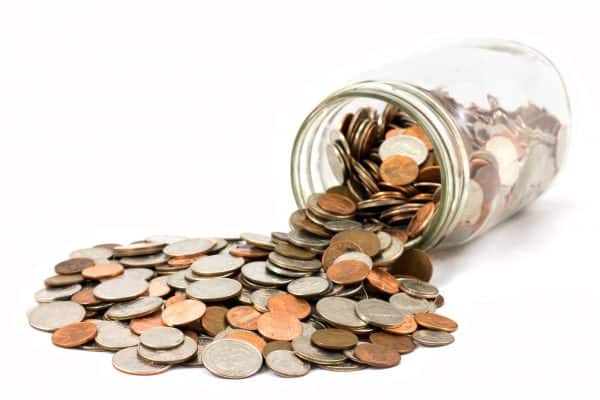As we get ever nearer to the summer months, there’s is one downside on a lot of people’s minds: hay fever. As if runny noses, itchy eyes and scratchy throats didn’t make it bad enough already, there’s now a bigger and worse version for hay fever sufferers to contend with. It has been reported that Britain is set to suffer from a plague of super pollen this year. Here we explore what it is and how you can beat it.
What is super pollen?
Allergy expert, Dr Paul Carson told the Mirror that so-called “super pollen” occurs when regular plant pollen combines with diesel fumes in the air. Elevated levels of air pollution in cities means this is an increasing problem for hay fever and asthma sufferers, as ‘It may even make the pollen ‘stickier’ so that it enters – and stubbornly stays stuck – to vulnerable body organs (eyes, nose, sinuses, lungs)’, according to Dr Carson.
With many asthma sufferers already feeling the ill effects of heightened air pollution, this new super pollen could lead to an increase in asthma attacks, especially in children. So, it’s important to pay close attention to symptoms to avoid any really bad reactions.

Hay fever symptoms
The NHS reports that hay fever is the most common allergic reaction in the UK with more than 10 million people suffering. Hay fever can affect people suddenly at any age but is more common in children and teenagers. Symptoms include:
- Sneezing
- Blocked/ runny nose
- Irritated eyes – itchy, red and watery
- Itchy nose, throat, mouth and ears
- Coughing
- Head and earaches
- Tiredness
If you know you suffer from hay fever or start to experience symptoms, there are ways you can treat it at home, without having to visit the GP.
How to beat it
In light of the recent increase of super pollen, GP for Asthma UK, Dr Andy Whittaker has advised, ‘If you know that pollen or pollution triggers your asthma symptoms, you should check pollen and air pollution forecasts for your area and carry your reliever inhaler with you at all times’. People who suffer from hay fever who don’t have asthma should also carry anti-histamine tablets in case of any severe reactions.
Aside from potentially expensive medicines, there are other ways you can reduce your exposure to pollen affordably.

Pollen-proof your home
Though the summer can be warm, the best way to avoid pollen is by staying inside with doors and windows shut. This isn’t always practical or appealing, though, so try these measures to reduce your exposure as far as you can.
When returning home in high-pollen seasons, change your clothes and shower to remove any pollen from your hair and skin. Hanging your clothes and bed linen out to dry on airers inside will also reduce the chance of any pollen coming into the home, as pollen in the air will stick to the fabric outdoors. Finally, make sure you wipe down surfaces with a damp cloth to catch any dust and vacuum your rooms regularly using a high-efficiency particle arresting (HEPA) filter.
Eat away the hay
There are certain foods that reduce hay fever symptoms and some that make them a whole lot worse. According to Marie Claire, chamomile tea has antioxidant and antihistamine effects, while also relieving inflammation in the airways. Fish improves your immune system, which in turn will help with anti-inflammatory properties and garlic can reduce catarrh as it contains antioxidants and acts as a natural antihistamine.
However, you should avoid dairy, as it can over-stimulate your glands, as well as tomatoes, which contain lots of histamines, and alcohol, which has been shown to worsen hay fever symptoms.

Wild card
There’s an old wives tale that eating local honey can relieve hay fever symptoms. This is based on the idea of immunotherapy and involves giving yourself a bit of what you’re allergic to so your body can become less sensitive to it. Local honey contains local pollen, so you’d think that your body would build up a resistance to this in the same way, right?
That’s what many people thought but, actually, it’s not the case. WebMD tells us, ‘Bees, which make honey, tend to pick up pollen from brightly coloured flowers. Pollen from these blooms rarely causes allergies’. The pollen that irritates hay fever sufferers comes from grass, trees and weeds, meaning eating local honey would not build up an immunity to the thing you’re allergic to.
So sadly, this old wives tale is therefore disproved!
Prevention is key
Annoyingly for many of us, the most effective way to reduce the risk of suffering from hay fever is simply to avoid pollen as best as you can! Try to stay clear of grassy areas and don’t cut the grass. Avoid going out very early in the morning, late at night or in high humidity when pollen levels are high. Before you leave the house, check the Met Office’s pollen forecast and the DEFRA pollution forecast to gauge how likely you are to suffer from symptoms.
Do you have any more hay fever hacks? Let us know in the comments!



















